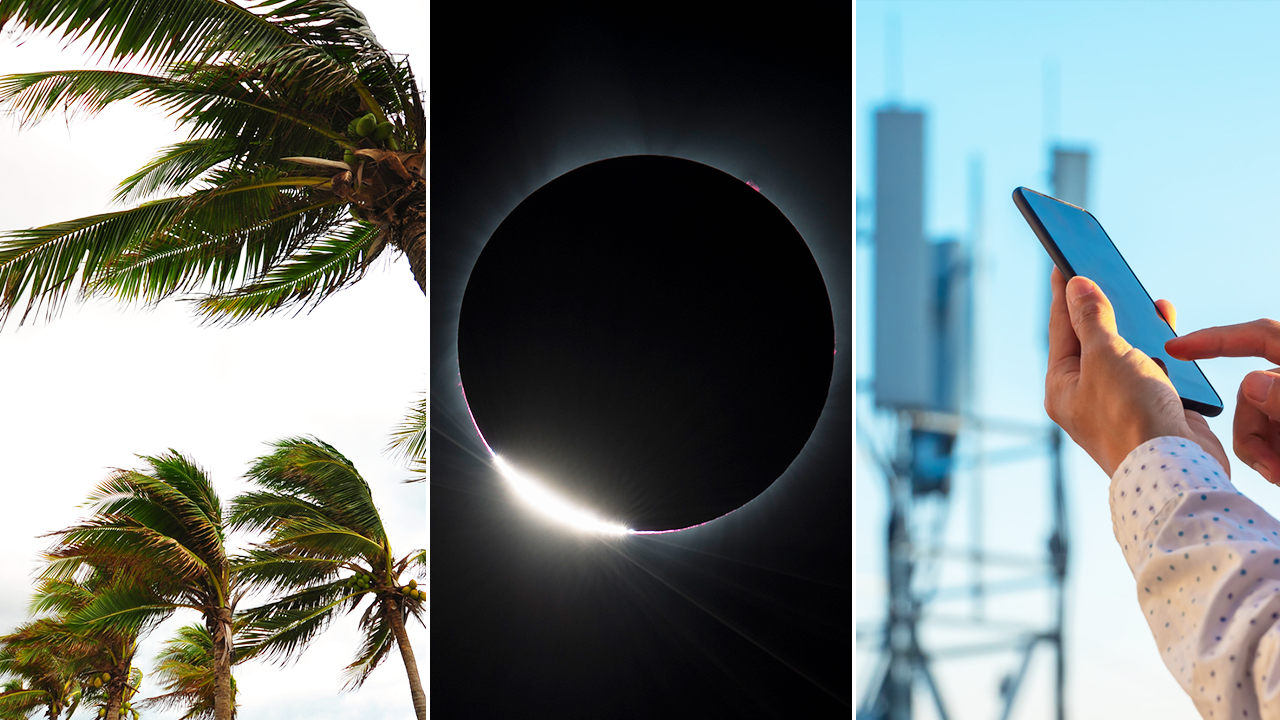A rare occurrence in orbit could lead to some strange happenings here on Earth.
The North American solar eclipse on April 8, 2024, is expected to hit totality in 15 U.S. states.
What can Americans expect to happen in the sky as well as on the ground?
SOLAR ECLIPSE 2024: WHERE AND HOW TO VIEW THE RARE ORBIT HITTING THE US
Here are eight weird things that could happen during a solar eclipse.
1. Baily’s beads
Baily’s beads is a strange effect that occurs as the moon closes in on the sun during a solar eclipse.
The phenomenon, viewed safely with proper eyewear, is a sliver of light at the edge of the eclipse, often referred to as the Diamond Ring Effect.
Just as the moon covers or begins to uncover the sun, onlookers might be able to view this “interesting edge effect,” Johns Hopkins University astrophysicist Dr. Bill Blair told Fox News Digital.
In “the phenomenon known as ‘Baily’s beads’ … the sun can actually peak through lunar valleys right along the edge of the moon’s limb,” he said.
Eclipse viewers can maximize their chances of seeing effects like this by traveling along the “edge” of the total eclipse zone, Blair suggested.
2. Animal behavior
During a solar eclipse, wildlife species have reacted as if day suddenly turned to night.
FOR SOLAR ECLIPSE ON APRIL 8, SOME US SCHOOLS WILL BE CLOSED FOR THE DAY
During an eclipse, local animals and birds often “prepare for sleep or behave confusedly,” according to the University of Dallas.
Both physical and auditory animal behaviors will shift during the eclipse, National Geographic noted in an article.

“The early onset of darkness disrupts animals’ circadian rhythms, sparking a possible chorus of owl hoots, cricket chirps or even coyote calls, depending on the eclipse-viewing location,” NatGeo wrote.
Because of this expected shift in sound, NASA has released its Eclipse Soundscapes Project, prompting eclipse viewers to pay attention and record differences in animal behaviors in their area.
FOR SOLAR ECLIPSE SAFETY, HERE’S WHAT DRIVERS SHOULD NOT DO ON THE ROAD DURING THE RARE EVENT
“Reports of these atypical animal behaviors date back centuries, but the effects of an eclipse on plant and animal life are not fully understood,” NASA wrote in an article.
“The NASA-funded Eclipse Soundscapes Project will collect the sights and sounds of a total solar eclipse with help from interested members of the public to better understand how an eclipse affects different ecosystems.”
3. Strange shadows
The changing orientation of the sun’s light can cast some pretty cool shadows on Earth.
Light that filters through the leaves of trees has been observed to leave crescent-shaped shadows as eclipse totality closes in, Blair shared.
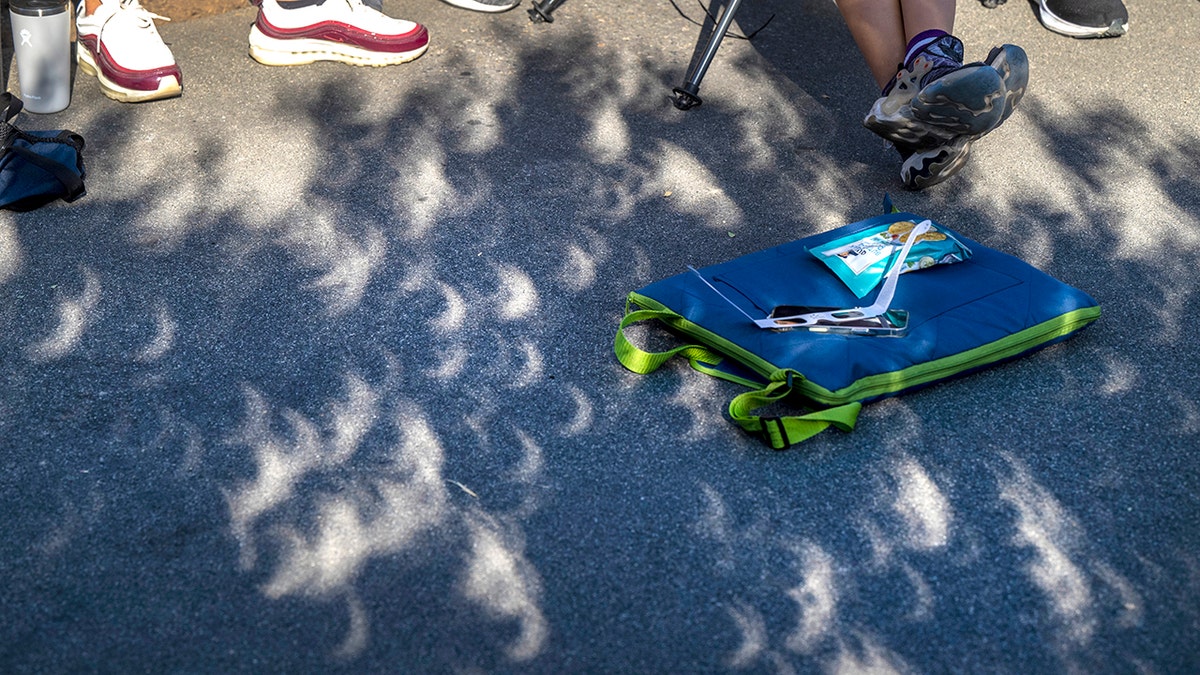
NASA also recommends the use of a pinhole projector to view images of the crescent sun.
These pinhole cameras can also be used during the partial phases of the eclipse instead of wearing protective glasses, according to Blair.
SOLAR ECLIPSE 2024: FORMER NASA ASTRONAUT SHARES WHAT IT LOOKS LIKE FROM SPACE, HOW TO SAFELY VIEW IT YOURSELF
“Even more impressive, if you have a colander or a big soup spoon with small holes in it, hold it up, and you will get a whole bunch of little eclipses,” he said.
During total eclipses only, special shadow bands can be seen in the seconds before totality.
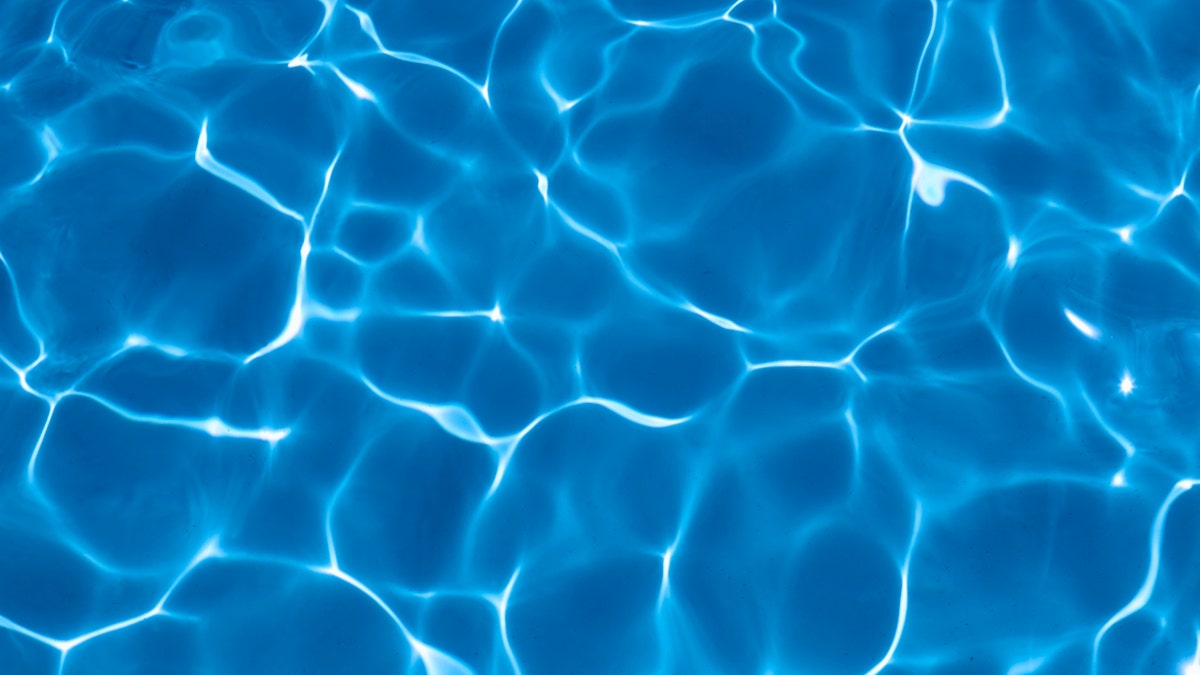
Shadow bands can show up across plain-colored surfaces, appearing as thin, wavy lines of alternating light and dark, as NASA noted.
The effect is similar to the sheen of a swimming pool.
4. Colder weather
The weather during a solar eclipse could change rather quickly.
Local temperatures could drop more than 20 degrees near eclipse totality, the University of Dallas said.
This is because when sunlight fades, the weather starts to cool down.
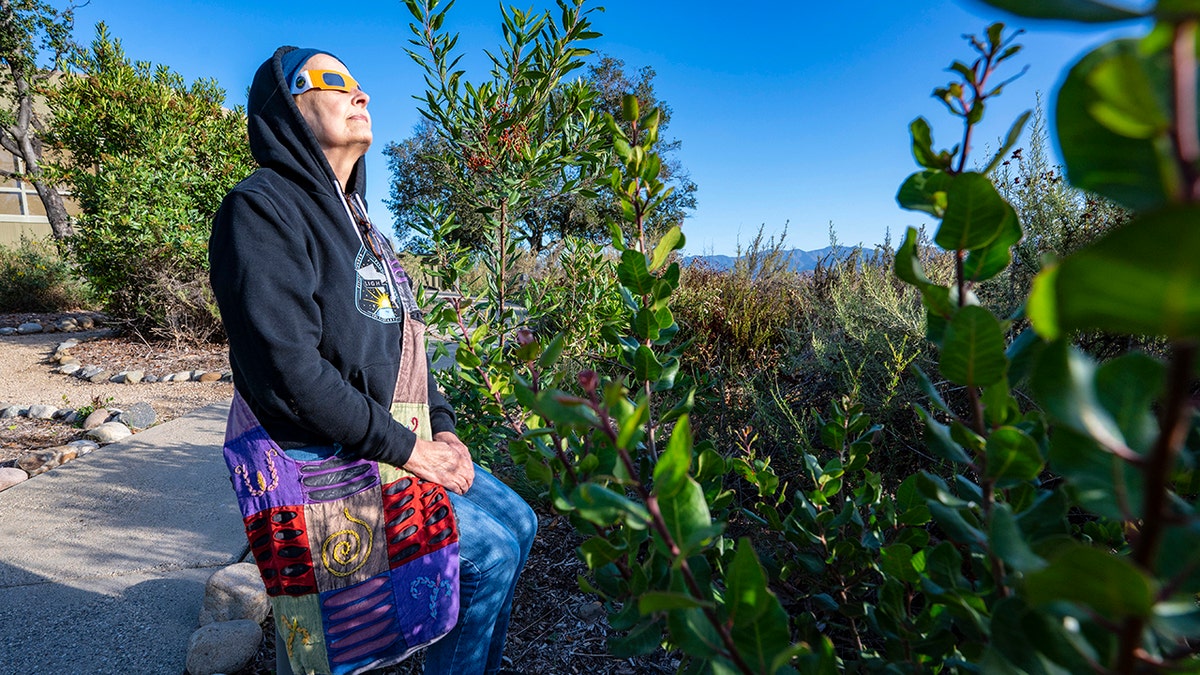
NASA reported that a 2001 eclipse in Zambia dropped the air temperature by nearly 15 degrees.
5. Windy conditions
In addition to temperature changes, a solar eclipse could bring windy weather.
A 2016 study by the University of Reading found that eclipse events could pick up wind speeds and change wind directions.
8 THINGS YOU SHOULD BRING TO A SOLAR ECLIPSE VIEWING
“As the sun disappears behind the moon, the ground suddenly cools, just like at sunset,” University of Reading professor Giles Harrison wrote in a press release.
“This means warm air stops rising from the ground, causing a drop in wind speed and a shift in its direction, as the slowing of the air by the Earth’s surface changes.”
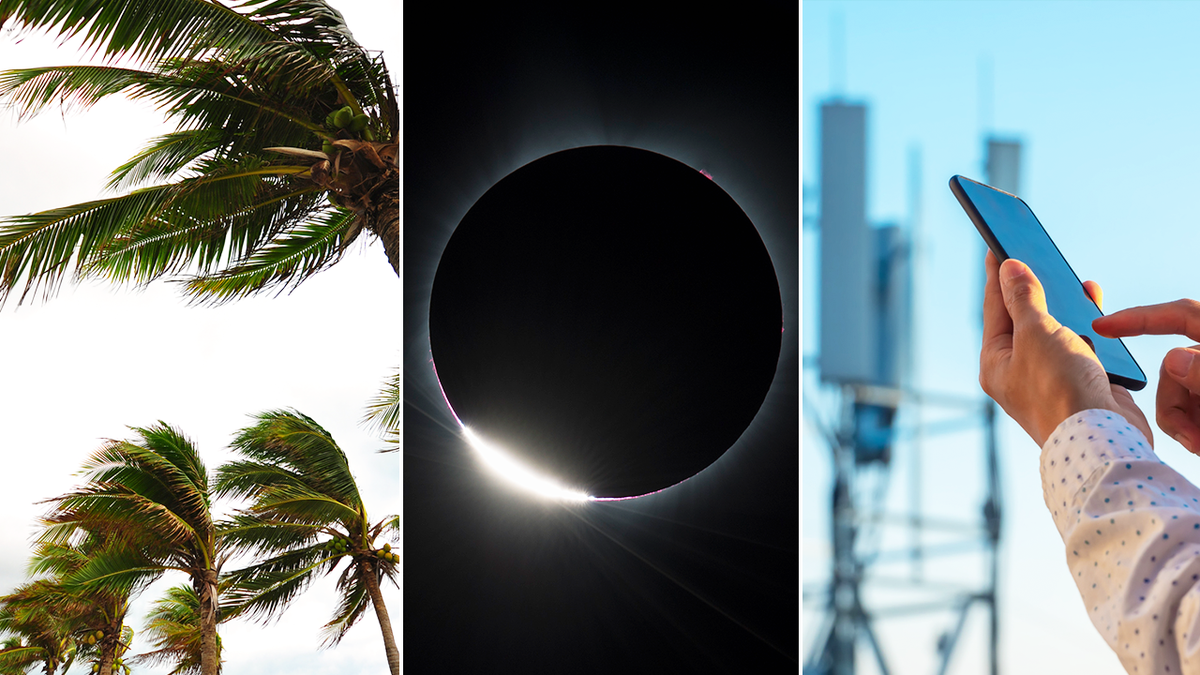
6. Radio interference
Eclipse events are known for interrupting radio frequencies.
This is because of the “sudden reduction in solar radiation reaching Earth’s atmosphere,” said NASA.
“Since the ionosphere contains charged particles (ions and electrons) and is responsible for reflecting and refracting radio waves, changes to the ionosphere can also affect radio communications and navigation systems,” NASA wrote in an article.
This alteration in the ionosphere can change how radio waves “propagate through it,” NASA reported, which can cause signal fading, absorption and refraction.
7. Solar prominences
Solar prominences are rare but could appear during a solar eclipse.
Onlookers, with appropriate safety eyewear, might be able to spot the solar corona peeking out from behind the moon’s shadow.
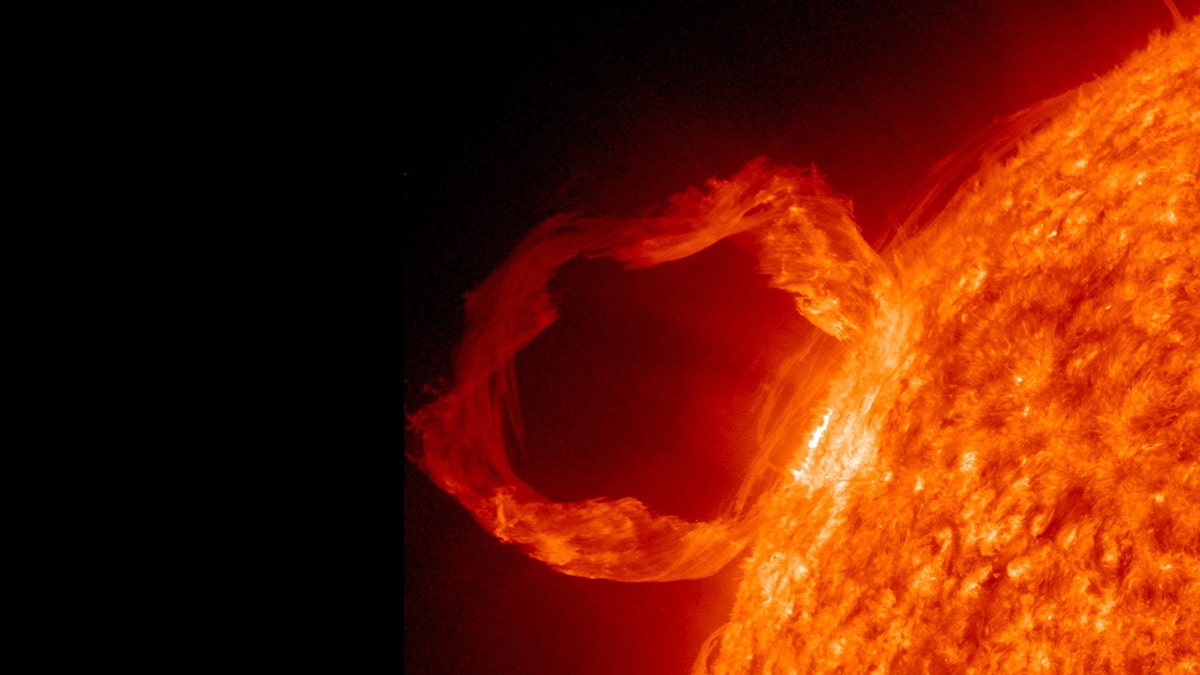
The effect will look similar to flower petals framing the moon – but the prominence is an extension of the sun’s surface in a red, glowing plasma loop, according to NASA.
These prominences loop hundreds of thousands of miles into space; scientists are still researching how and why they form.
8. Appearance of other planets
As the moon will shadow the sun’s light, some other stars and planets could be visible.
The Planetary Society reported that Venus may appear bright to the sun’s right or bottom right.
Jupiter, which will appear dimmer, could be seen to the left or upper left of the sun.
What appears will be dependent on weather conditions per location, but astronomic features that shine brightest will have the best chance of showing up, according to Live Science.
For more Lifestyle articles, visit www.foxnews.com/lifestyle.



